Income tax is a fundamental component of any functioning economy, ensuring that the government has the necessary funds to provide public services and infrastructure. Despite its importance, many individuals attempt to dodge paying their fair share. At Eazy Startups, we specialize in assisting people with the filing of Income Tax Return Online in India, aiming to simplify the process and encourage compliance. Let’s explore the reasons why so many individuals dodge income tax and how Eazy Startups can help you stay on the right side of the law.
- Complex Tax Systems
- Lack of Awareness
- Fear of High Tax Bills
- Inadequate Record Keeping
- Mistrust in Government Systems
Complex Tax Systems:
One of the primary reasons people avoid paying income tax is the perceived complexity of the tax system. The numerous forms, varying deadlines, and intricate rules can overwhelm even the most diligent taxpayer. Many individuals find it difficult to navigate these complexities without professional assistance. Eazy Startups is dedicated to making the process of filing Income Tax Return Online in India straightforward and accessible. Our team of experts provides clear guidance and support, helping you understand your tax obligations and ensuring that your returns are filed accurately and on time.
Lack of Awareness:
Another significant factor contributing to tax evasion is a lack of awareness about tax laws and obligations. Many individuals, especially those in informal employment sectors, may not fully understand the requirement to file returns or the benefits of doing so. At Eazy Startups, we believe in educating our clients about their tax responsibilities. By providing comprehensive resources and personalized advice, we empower individuals to take control of their finances and fulfill their legal obligations with confidence.
Fear of High Tax Bills:
The fear of owing a substantial amount in taxes can also drive individuals to evade their tax responsibilities. This fear is often exacerbated by the misconception that all income is taxed at high rates. In reality, the Indian tax system offers various deductions, exemptions, and rebates that can significantly reduce taxable income and the overall tax burden. Eazy Startups helps clients identify and claim these benefits, ensuring that they pay only what they owe and nothing more. Our goal is to alleviate the fear and uncertainty associated with income tax filing, making it a manageable and stress-free process.
Inadequate Record Keeping:
Proper record-keeping is crucial for accurate income tax filing. However, many individuals fail to maintain organized records of their income, expenses, and investments, making it challenging to file accurate returns. Poor record-keeping can lead to unintentional errors, which can result in penalties and interest charges. At Eazy Startups, we offer practical solutions for maintaining financial records and streamlining the documentation process. Our online platform allows clients to upload and store their financial documents securely, ensuring that all necessary information is readily available when it comes time to file their returns.
Mistrust in Government Systems:
Some individuals dodge income tax due to a lack of trust in the government’s use of tax revenue. They may feel that their hard-earned money is not being utilized effectively or fairly, leading them to question the value of contributing to the tax system. While addressing these broader systemic issues is beyond the scope of individual taxpayers, Eazy Startups encourages transparency and accountability by advocating for responsible tax practices.
Conclusion
In conclusion, while there are various reasons why individuals might dodge income tax, the benefits of compliance far outweigh the risks. At Eazy Startups, we are committed to making the process of filing Income Tax Return Online in India simple, efficient, and stress-free. Contact Eazy Startups today to learn how we can assist you with your income tax filing needs.

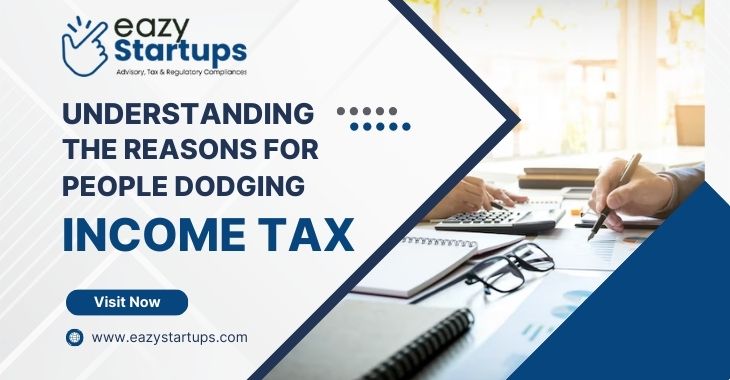
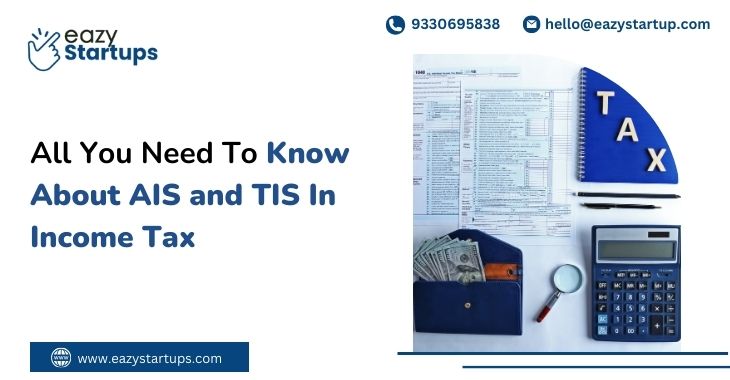
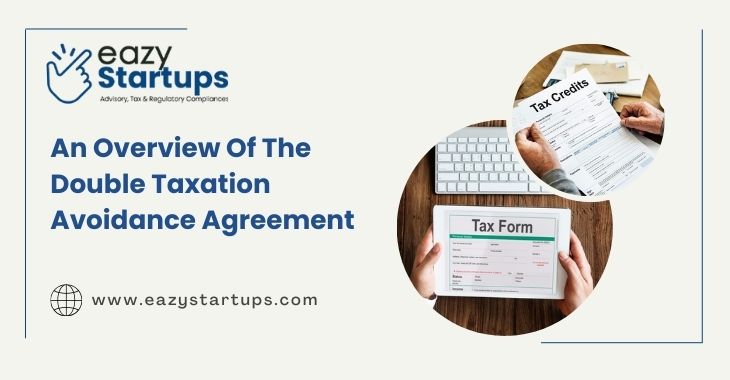

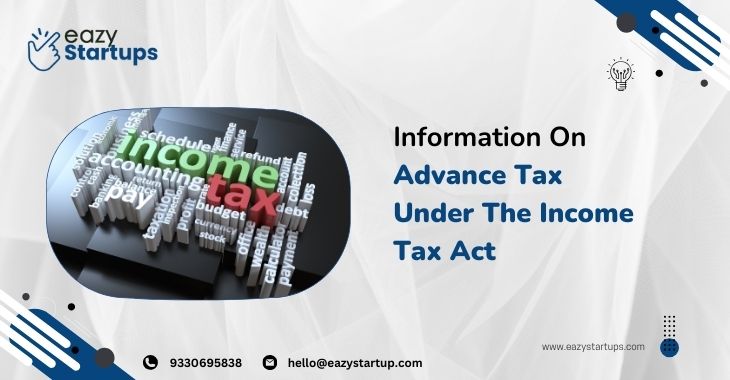

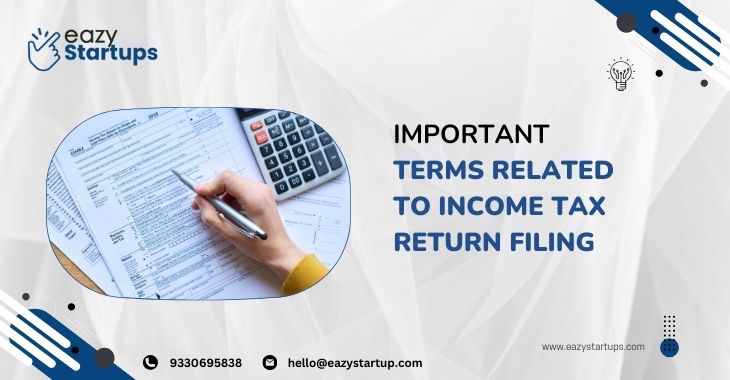
Recent Comments